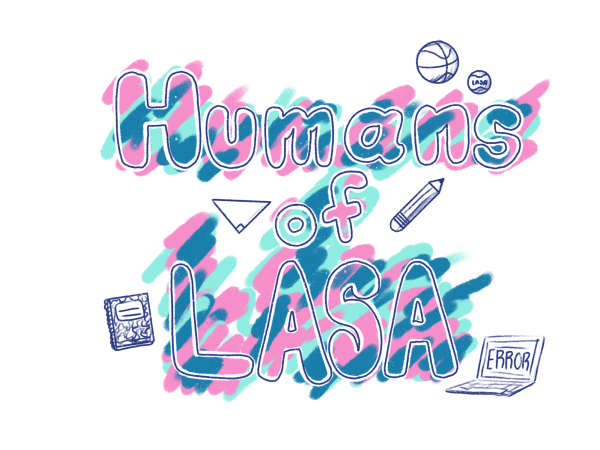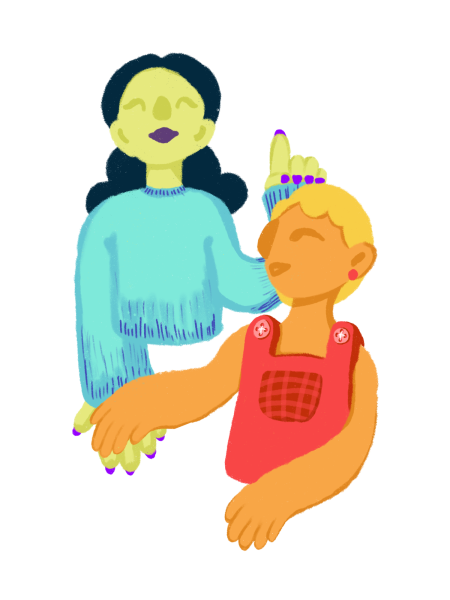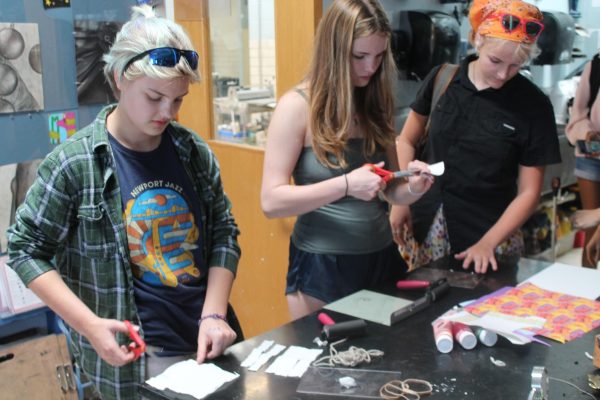How Legitimate is Astrology?
February 18, 2020
Astrology and horoscopes are a large part of pop culture in America as well as around the world. According to a poll done in 2009, over 25 percent of Americans believe in astrology and horoscopes. It can shape the way people think and view others, as well as make daily and life-changing decisions. People have turned to the stars for advice along with fortune for thousands of years, but with our quickly changing world, some people do not believe in it anymore.
Astrology is the study of the stars, moon, and sun, and how they correlate to people’s decisions and future. A horoscope correlates with constellations along with where the sun is in the sky. People’s personalities would be based on this when they were born because each constellation has different characteristics. Many people throughout the years have trusted and studied astrology, even when there are no facts to prove any of it. Now some people consider themselves to see the future and people’s fortunes. On top of that, many magazines, as well as newspapers, have a section devoted to everyone’s horoscopes. LASA Astronomy and SciTech teacher Ellen Owens has a more scientific and factual view on astrology.
“For example the location of the sun from our perspective. So, if I get a sunburn, I have a physical theory to explain what caused my sunburn, the fact that it came from the sun, what its made of, and what process caused that photon to be created.” Owens said. “If you ask an astrologer how the sun affects my personality traits, they will tell you ‘oh, well it falls within this constellation.’ They will not tell you the sun is influencing the things about you, what does it do to my brain?”
She explained how everything around us has an apparent cause and effect that has an unwavering truth. But just like many people, Owens still reads the newspaper to see her horoscope, and what insight it might bring her for the day’s work.
“I think it’s comforting to think that we can predict the future and see some connection between this beautiful celestial stuff and ourselves.” Owens said. “I mean it’s fun, I won’t lie… and I will say, Scorpio is a good descriptor of me. I do this thing at the beginning of the year where I hand out everyone’s horoscope and I have them read it and then I take them back and give them a survey, and they can say do these positive traits describe you very well, somewhat, or not at all and vice versa with the negative traits.”
Another reason Owens does not believe in astrology is that the zodiac signs are based on where the constellations were 2,000 years ago. So, if someone’s sign is supposedly Pisces, there’s a good chance that’s not where the sun was the year they were born.
“Let’s say the sun is falling within Cancer, the stars in Cancer have absolutely nothing to do with each other, right?” Owens said. “The distance in depth between those starts could be a thousand light years, they’re not even born from the same clusters of gas. Additionally it doesn’t take into account that stars move over time, also it doesn’t take in most significantly axial percessions.”
In recent years, astrology has popped up on social media and pop culture much more often. Many people have noted this increase in horoscope interest, including Owens.
“There definitely has been a rise in [astrology] and I do not think it is just teenagers, I think it is a lot of people.” Owens said. “I think part of it is things come and go. I mean it has lasted for three or four thousand years so you know it is going strong and then secondly I would say we live in very tumultuous times versus the near past.”
Although Owens has insight on astrology and how it can affect people everywhere, she herself does not quite believe in it. When asked what she thought about it, she said that she did not because of how it did not take science into account.
“Astrology is three thousand years of Babylonian religion watered down.” Owens said. “So the number one problem, there’s a lot of problems but the number one problem is no astrologer has ever attempted to explain the mechanism of influence.”






